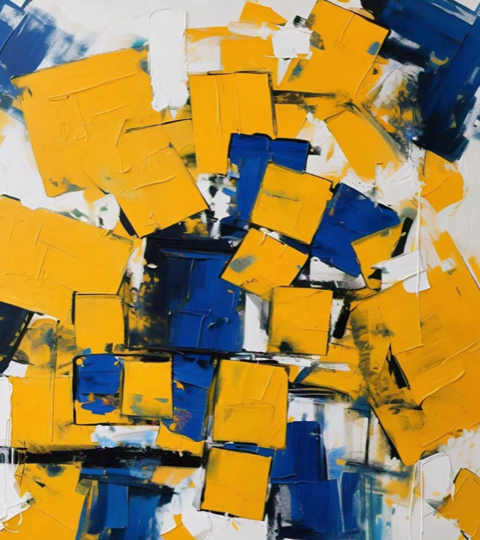Hai bisogno di un piano in primo piano per avere un sito web
Lo scopo dell'arte è lavare via la polvere della vita quotidiana dalle nostre anime
Pablo Picasso
Crea subito il tuo sito web indipendente
Crea il tuo sito web professionale dedicato all'arte e connettiti con i tuoi collezionisti con temi personalizzabili, mostre virtuali e strumenti potenti
